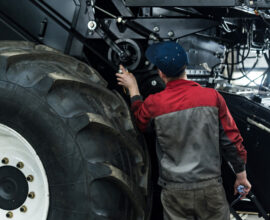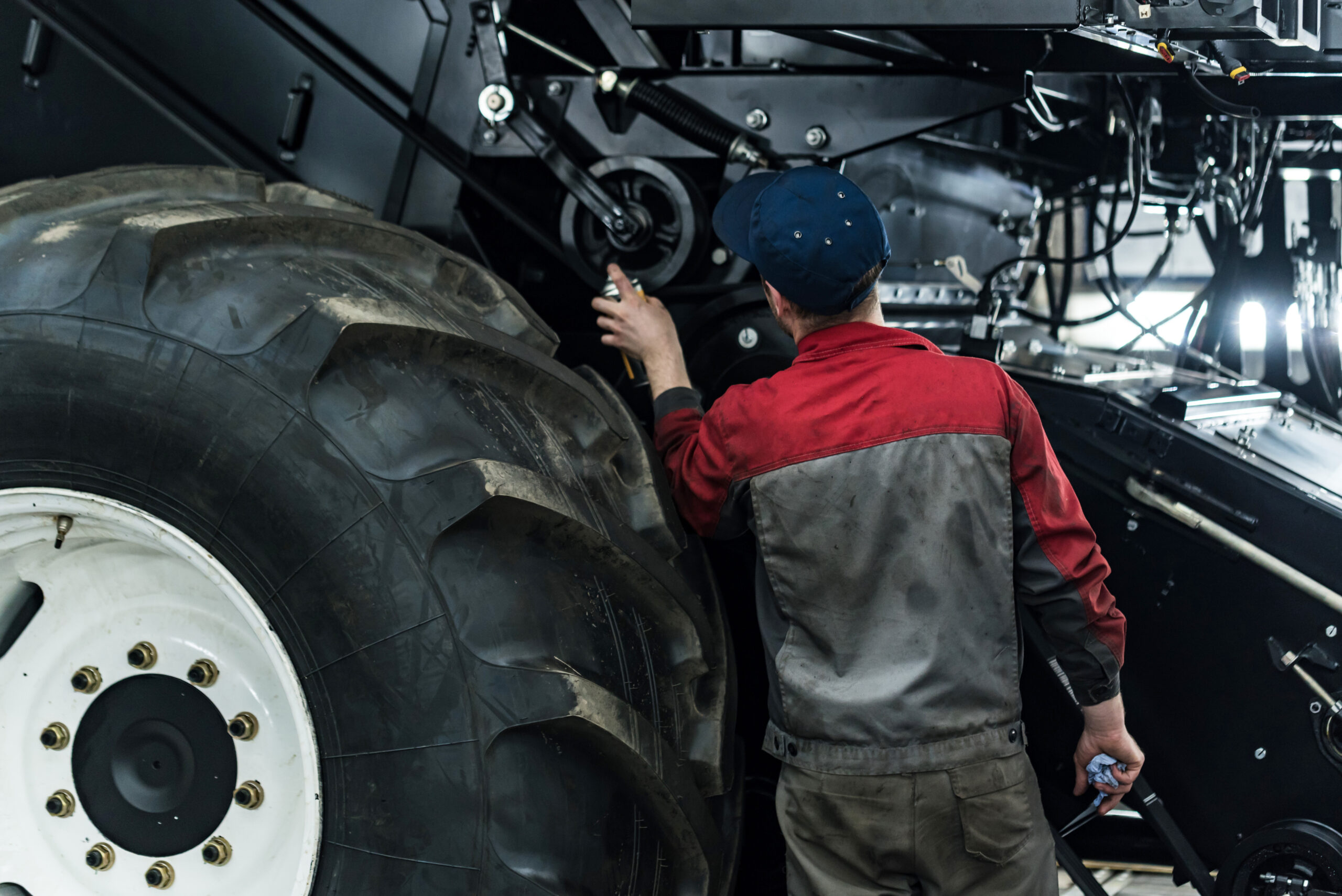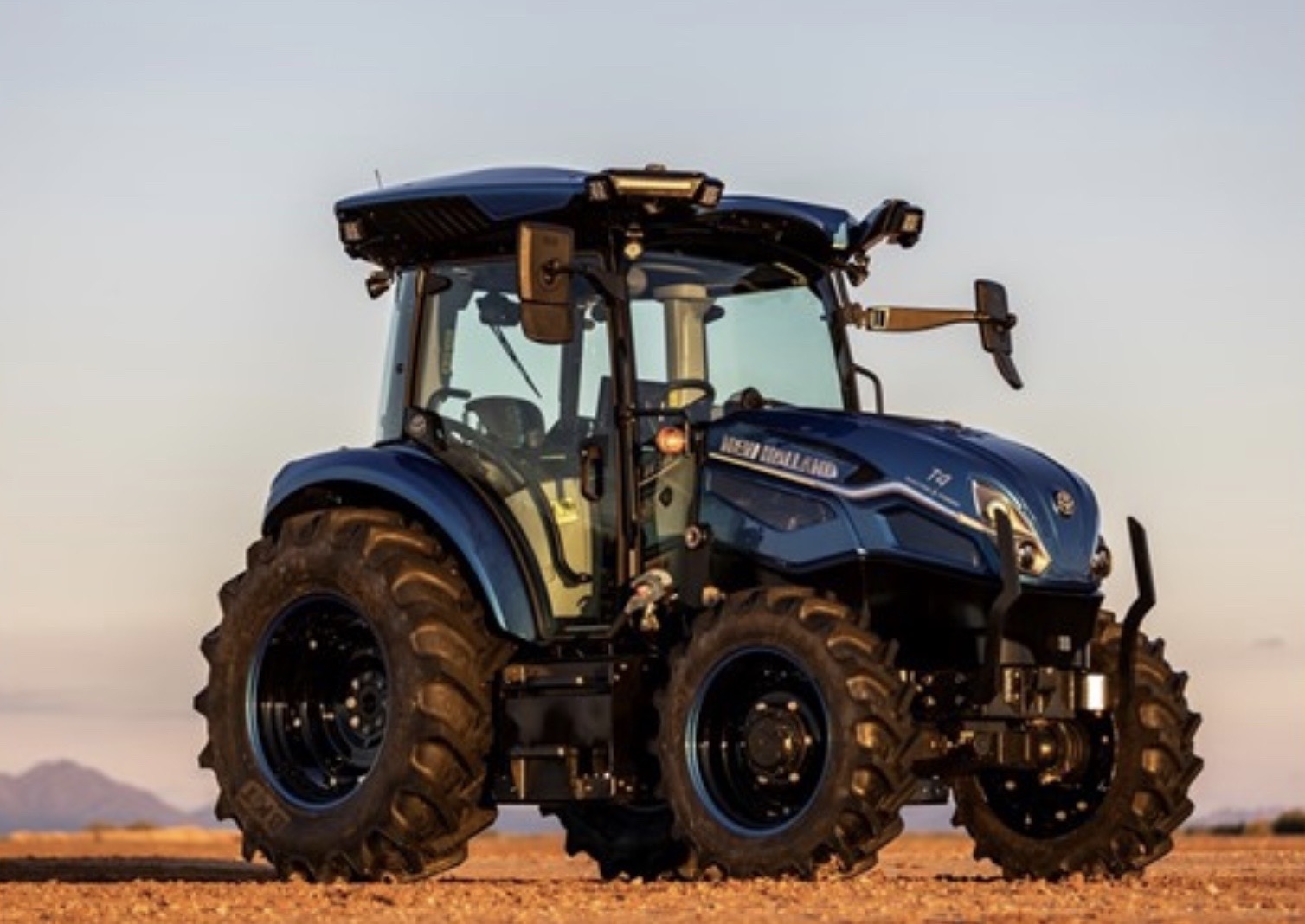When the new tax law passed last December, a lot of attention was focused on the pro-taxpayer benefits of lower tax rates. As dealers and business owners, you rightfully focused on how the new tax law would affect your business and your personal tax situation. However, it is also important to be informed about the impact of the new tax law on your customers and be prepared to answer their questions. In this article, I will explain how the tax law changes the nature of your customer’s tax treatment relating to trade-in transactions and identify some important considerations for future changes to the tax law to prevent adverse consequences in how you do business with your customers.
1031 Transactions and Trade-Ins
Many of you are familiar with a “1031 transaction”, which is also commonly referred to as a “like-kind exchange”. 1031 refers to the federal tax code section that lets you sell property for a profit without paying taxes as long as you re-invest the proceeds into similar replacement property. The impact of a 1031 transaction is that it lets you continually defer taxes until you cash out of the investment (or re-investment). This is a popular strategy in real estate deals but many people don’t realize that 1031 transactions have also been used for other types of property.
Whether you know it or not, you have been involved in 1031 transactions on a daily basis with your customers when they traded used equipment to you. Prior to the new tax law, your customers could give you used equipment on trade as partial payment for new equipment and then use Section 1031 to avoid paying tax on any profit in the difference between the trade-in credit you gave and their tax basis in the trade-in after the customer has taken into account Section 179 expensing, bonus depreciation or regular depreciation. Below is an example of the tax treatment of the 1031 transaction/trade-in from the vantage point of your customer on a hypothetical purchase of a combine for $500,000 with $200,000 assigned to the trade-in:
*The trade-in had been depreciated to $50,000 for tax purposes so your customer can only apply that amount toward the new combine. ** Assumes the customer could write off the entire price of the new combine in the first year using a combination of bonus depreciation and Section 179 expensing.
Bad News … Good News … Bad News
Bad News First – Unfortunately, the new tax law upends the long-term status quo for your customers because it eliminated 1031 transactions for all property except real estate. As a result, starting in 2018, when your customer trades equipment to you, the IRS will view this as a sale of the trade-in to you for a purchase price equal to the trade-in credit. Using the example above, your customer will now have a $150,000 taxable profit ($200,000 credit minus $50,000 tax basis), taxed at ordinary income tax rates, in the year of the trade … OUCH! I know that some dealers have heard from customers expressing concern about this change and its potential impact on trade-in transactions.
Some Good News – Fortunately, the new tax law also includes some good news that alleviates this issue. Under the new tax law, your customer will be able to expense the full value of any equipment purchased in the year of the purchase. Using the same hypothetical purchase/trade-in example above, the tax consequences to your customer in 2018 are illustrated in the graph below.
*Your customer gets full tax basis credit it for the trade value because the customer is obligated to report and pay taxes on the gain on the “sale” of the trade-in in the year the trade occurs.
Conclusion
Even though the new tax law eliminates the 1031 transaction treatment for your customers on trade-in transactions, the full expensing rules for equipment purchases will generally offset this change. But if the tax law continues as currently structured, beginning in 2023, we could start seeing negative tax impacts involving trade-in transactions. If this occurs, customers might be tempted to hold on to equipment longer (until the value more closely matches the depreciated tax basis in the equipment). This could have a significant impact on new equipment sales by dealers, especially those actively engaging in annual roll transactions with customers. Due to this risk, this is a situation that will need to continue to be monitored and I encourage you to contact the association to work with it to develop a strategy for mitigating this risk through future changes in the tax law.
Lance Formwalt is the leader of the Equipment Dealer Group at Seigfreid Bingham, P.C. The firm also serves as legal counsel to the Far West Equipment Dealers Association. Lance may be contacted at lancef@sb-kc.com or 816-265-4106. Also see www.sb-kc.com. This article is intended to provide general recommendations and is not intended to be legal advice. You should always consult your attorney for advice unique to you and your business. Please note that any estimates of tax consequences are based on the current tax code and could change based on future changes in the law or regulations.










